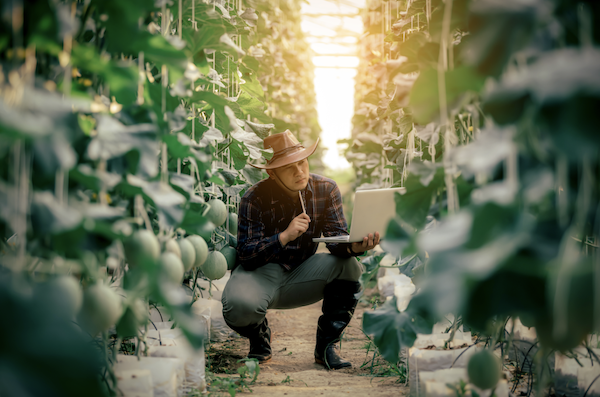
Responsible Solutions
As we move towards more circular systems, it will be essential to increase focus on points of inefficiency. We need to identify these areas and explore innovative solutions to reduce or altogether remove them.
The kitchen of the future is not only smart but ideally is a place where people develop the recipes for a better world by using products responsibly, reducing food waste. The essence: we should go back to eating freshly cooked meals, with an abundance of vegetables and fruits, low in red meat, salt and sugar, and all refined and synthetic ingredients.
Regenerative kitchens seek to turn back the damage industrial farming and food production is known to cause. They use ingredients from sustainable sources such as producers using farming methods that create a net-zero impact. This pursuit means exclusively using locally sourced, seasonal ingredients, opting for meat alternatives, or refusing to use any products produced using intensive farming methods.

The course modules in the Regenerative Kitchens track are addressed through masterclasses and live conversations with experts in the field. The masterclasses are live sessions or thematic videos recorded by experts and provide a general overview of the topics. The current situation and future challenges are further explored and identified.

As we move towards more circular systems, it will be essential to increase focus on points of inefficiency. We need to identify these areas and explore innovative solutions to reduce or altogether remove them.
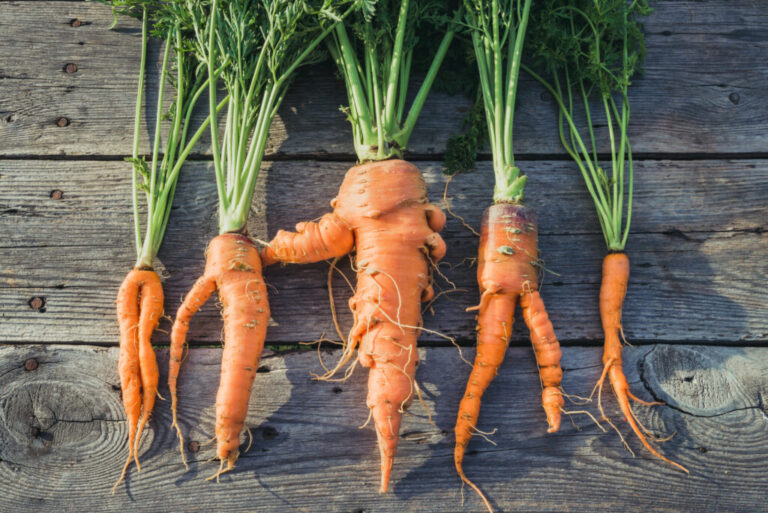
When cooking, people often only use designated parts of animals and vegetables, while the remaining parts are discarded. Intentionally or unintentionally, the utilization rate of food during the cooking process reduces, which adds up to a lot of waste.
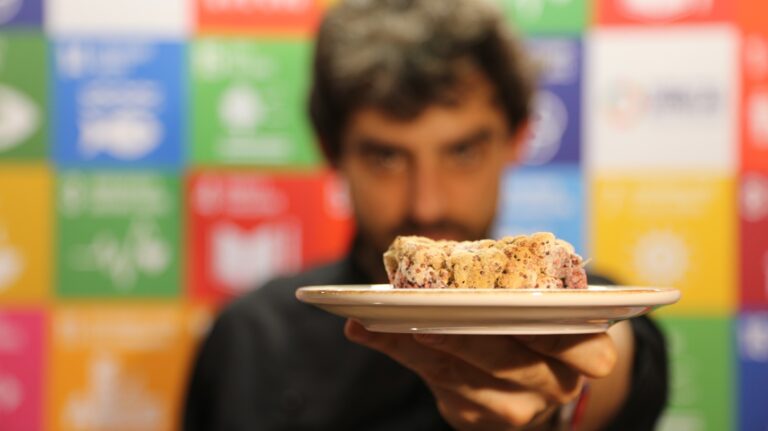
The progressive distancing from nutritious habits and the extreme environmental degradation caused by overconsumption of animal-based proteins, urge us to rethink and reshape our traditional approach to food.
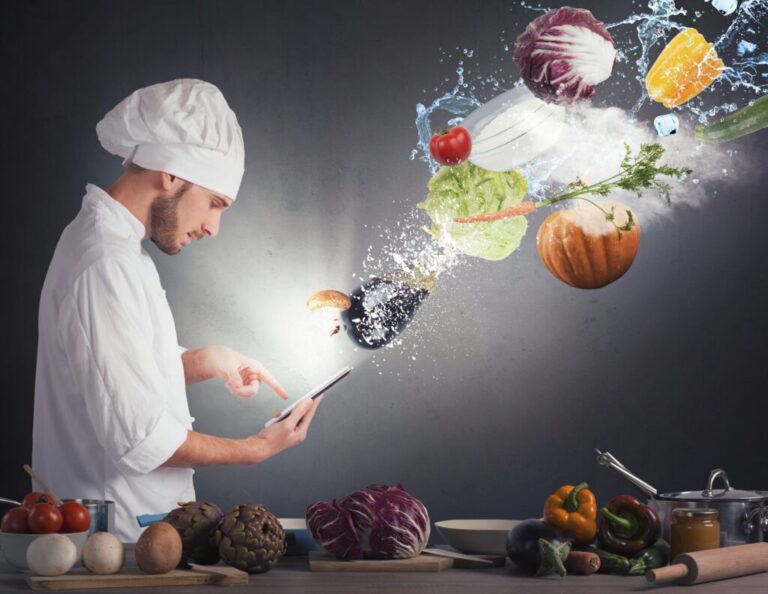
Innovation is needed to transform our relationship to food and the planet fundamentally and tackle the immense challenges humankind faces in the areas of affordable nutrition, world hunger, and sustainability.
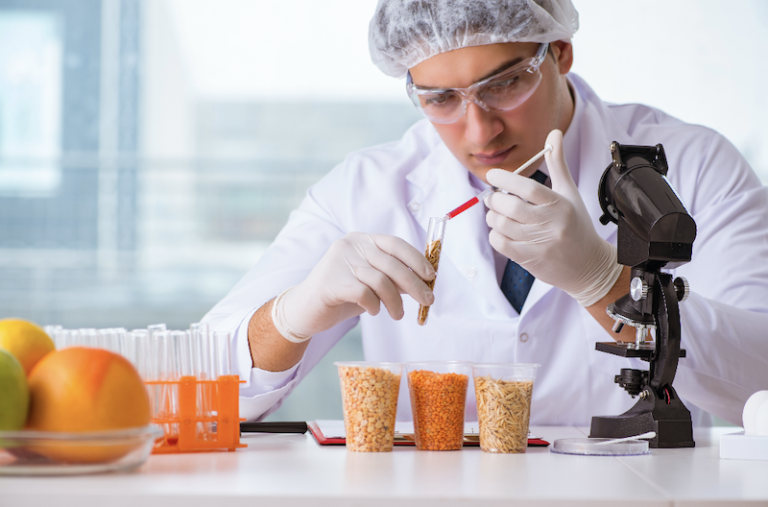
To create delicious and climate-beneficial food products, knowledge about properties of available ingredients (regional and in season,) and how to apply techniques that bring out the best flavors.
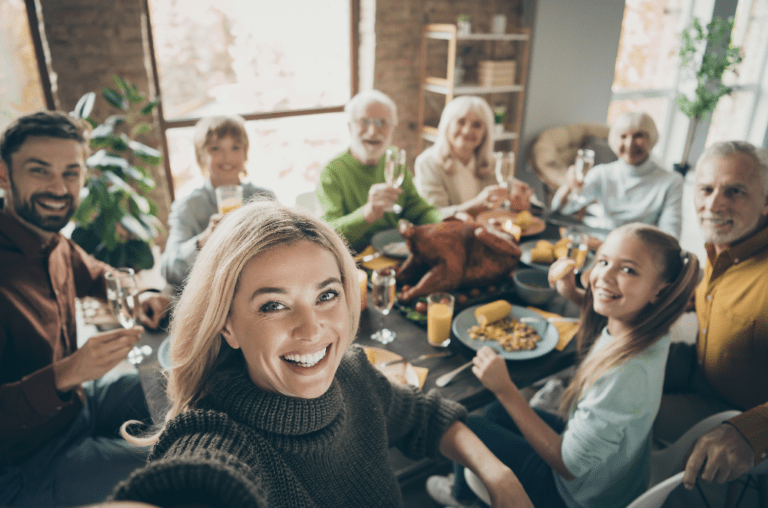
Gastronomy is the science of flavor and tasting. It studies the interaction between human beings and what they eat and drink.
Our open conversations between Future Food and experts dig deeper into thematic topics. Content focuses on sharing insights from daily practice, discoveries, and future solutions. These live sessions are interactive with the possibility to ask questions.

As we move towards more circular systems, it will be essential to increase focus on points of inefficiency. We need to identify these areas and explore innovative solutions to reduce or altogether remove them.
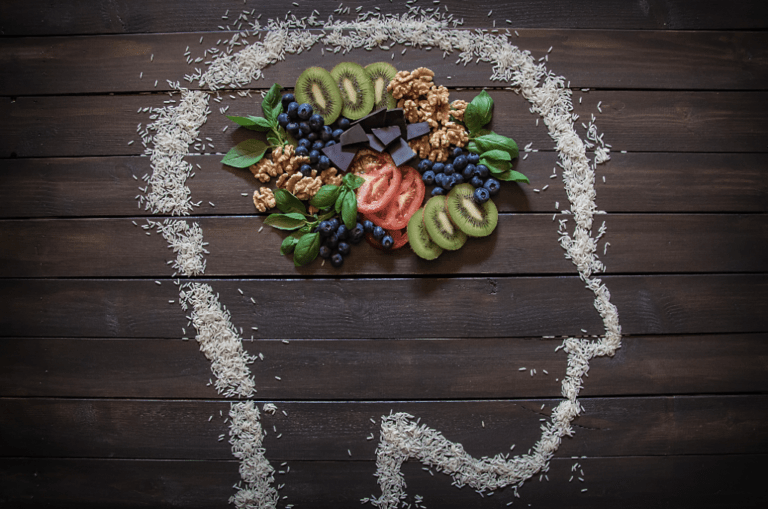
The kitchens of the future do not only need to be smart but ideal places where people develop the recipes and tools that are needed for a better world.

People’s current food choices harm the climate, vitality, and health largely, and seven out of ten deaths are food and lifestyle-related.
International & National Head, ProVeg Incubator
Managing Director, Good Food Institute India
Professor of Medicine, Stanford University
Botanical Chef, De Nieuwe Winkel
Sales, Logistics, and People, SuperCoop Berlin
Director of Culinary Services, Sodexo
Regulatory Compliance and Technical Specialist, Infinite Foods
Founder, La Fuga; Chief of R&D, Bad Schörgau
Founder, Roots Radicals
Director, SDG2 Advocacy Hub
*Guests vary depending on the program location and timing, however this list will give you an idea of the type of speakers involved in the Regenerative Kitchens track.
| Cookie | Duration | Description |
|---|---|---|
| cookielawinfo-checkbox-analytics | 11 months | This cookie is set by GDPR Cookie Consent plugin. The cookie is used to store the user consent for the cookies in the category "Analytics". |
| cookielawinfo-checkbox-functional | 11 months | The cookie is set by GDPR cookie consent to record the user consent for the cookies in the category "Functional". |
| cookielawinfo-checkbox-necessary | 11 months | This cookie is set by GDPR Cookie Consent plugin. The cookies is used to store the user consent for the cookies in the category "Necessary". |
| cookielawinfo-checkbox-others | 11 months | This cookie is set by GDPR Cookie Consent plugin. The cookie is used to store the user consent for the cookies in the category "Other. |
| cookielawinfo-checkbox-performance | 11 months | This cookie is set by GDPR Cookie Consent plugin. The cookie is used to store the user consent for the cookies in the category "Performance". |
| viewed_cookie_policy | 11 months | The cookie is set by the GDPR Cookie Consent plugin and is used to store whether or not user has consented to the use of cookies. It does not store any personal data. |